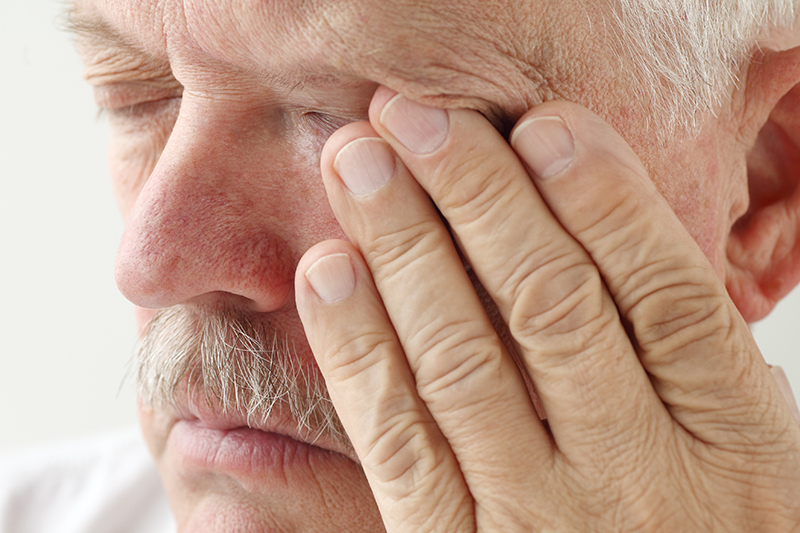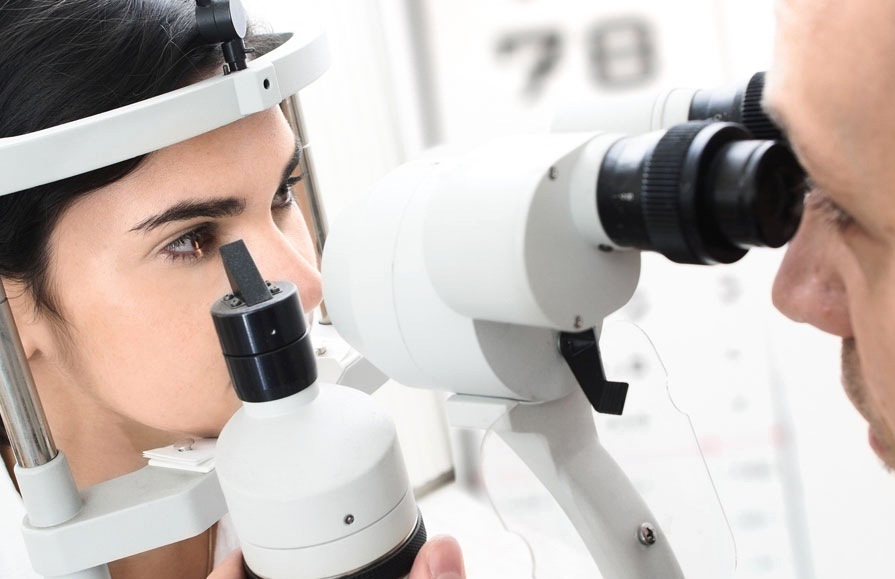Optometrist Q&A – What is Causing Your Watery Eyes?

What are Watery Eyes?
Tears play a vital role in the function of our bodies. They help in keeping your eyes lubricated, wash away particles and dust, and protect you against infection. Different factors contribute to how many tears you produce. This includes allergies, irritated tear ducts, and even injury to the eye.
Sometimes an excess production of tears leads to watery eyes. Most of the time this condition resolves itself without any treatment, however, for others, excessive tears is a chronic condition. Watery eyes are a very prevalent problem among adults.
This usually happens for two reasons: either because there is over-production of tears or tear drainage is impaired.
Over-Secretion of Tears
This is usually caused by irritation of the eye surface, which tries to protect itself by producing more tears, thus causing the watery eyes.
Irritation is usually a result of:
- an allergy
- infection (conjunctivitis)
- an eyelid turning inwards (entropion)
- an eye injury
- an ingrowing eyelash
- dry-eye syndrome – strangely this can cause over-compensation of tears
- after wearing contact lenses for a long time
Impaired Tear Drainage
This can happen with a normal volume of tears, for example:
- a blocked tear duct, so the tears don’t drain down into the nose
- narrow or displaced tear-drainage openings
- eyelids drooping away from the eyes, which stops the pumping action of blinking
People can experience extremely itchy eyes if the watering is caused by irritation or by an infection such as conjunctivitis. Some people can feel embarrassed by their teary eyes, as others can assume they are crying.
Get Your Watery Eyes Checked Out
It’s important to get your eyes checked if they are constantly watering and you can’t seem to find the root of the problem. Any sort of infection needs to be treated promptly, and you don’t want to take any chances. Besides over the counter medication or eye drops, other treatments are available, such as a simple surgical procedure for a blocked tear duct.
Contact Lenses
Contact lenses don’t usually cause problems if you know how to take care of them, but it is possible for them to cause infection if good hygiene isn’t practiced. For instance, proper handwashing before handling contacts is a must, as well as disinfection of lenses with contact lens solution whenever you aren’t wearing them.
One of the ways contact lenses can cause watery eyes is by overwear. This is when contacts are left in the eyes for a prolonged period, or even worse, overnight. Lenses are not meant to be worn for such long periods; the longer they are worn, the less oxygen the cornea, the outer layer of the eye, receives. This can lead to irritated eyes, watering, photophobia, eye pain and possibly ulceration.
Most people don’t use their lenses in this way. However, if you are a contact lens user and you have watery eyes, it’s a good idea to have a comprehensive eye examination.
Eye Exams for Contacts
Eye exams for contacts are a good way to make sure your contact lenses are not causing you problems. This includes a comprehensive check of your eye health, your vision prescription, and finally a contact lens consultation to make sure your lenses are fitting well and are comfortable. It’s also a good opportunity for the optometrist to go over hygiene routines and for you to ask about any other questions or issues you may have.
Nowadays, all comprehensive eye examinations should also include digital retinal imaging.
Digital retinal imaging is a method of examining the retina, the light-sensitive lining of the eye. It can show small changes which can indicate disease, especially if a series of images are taken over a period of time.
How to Stop Watery Eyes
There are steps you can take to minimize the risk of watery eyes. First, keep your eyes healthy and avoid getting infections. If you wear contact lenses, good hygiene is especially important.
Avoid smoky situations or places where you may come into contact with chemicals. If you have an allergy, make sure you avoid the allergen as much as possible and remember to take your medication.
If you think you have a problem with watery eyes, consult your doctor. A simple procedure to unblock a tear duct or treat a drooping eyelid could make all the difference.



